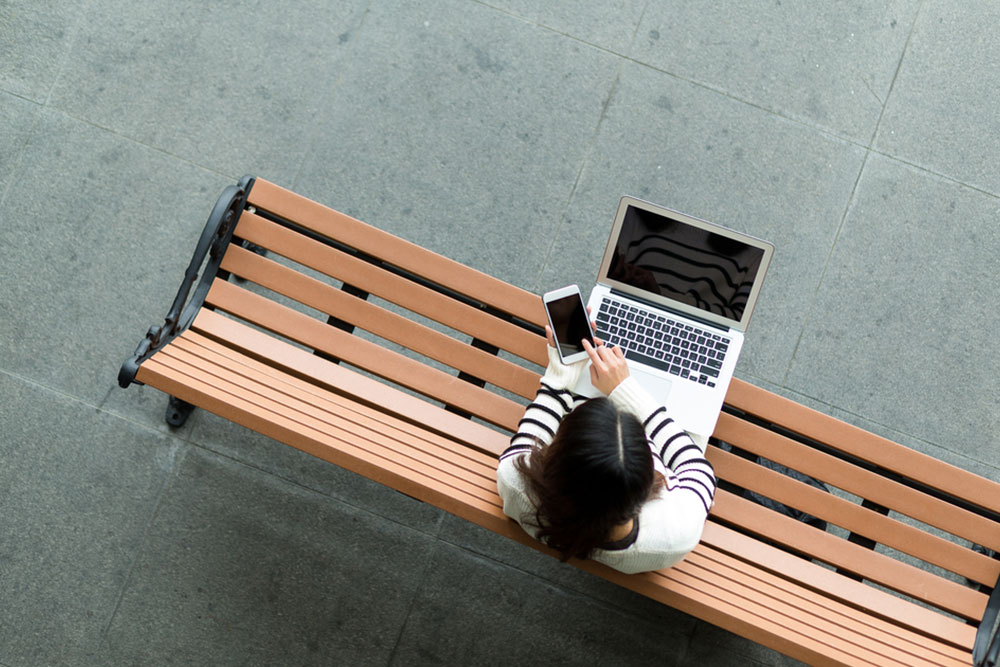Comprehensive Guide to Securing Free Laptops Through Government Programs
Discover comprehensive methods to access free laptops via government initiatives and nonprofit organizations. This detailed guide covers eligibility criteria, partnership programs, state and local efforts, and tips to successfully obtain a free device, enhancing digital inclusion for students, low-income families, and individuals with disabilities.

How to Obtain Free Laptops from Government Assistance Initiatives
In today's digital-driven world, having access to a reliable computer or laptop is more than just a convenience — it's a necessity. Whether for educational purposes, job applications, or staying connected with loved ones, a functional laptop can significantly enhance an individual's quality of life and opportunities. Unfortunately, many low-income families and individuals face barriers to acquiring personal technology due to financial constraints. Fortunately, numerous government programs and nonprofit collaborations aim to bridge this digital divide by providing free laptops to those in need. This comprehensive guide explores the various pathways to obtain free government laptops, including outreach through nonprofit organizations, state-led initiatives, and community-based programs.
Partnering with Nonprofit Organizations for Free Laptops
One of the most effective avenues to secure a free or low-cost laptop is through partnerships between government agencies and reputable nonprofit organizations. These nonprofits work diligently to ensure that underserved populations gain access to essential technology tools, often targeting students, low-income families, and individuals with disabilities. Here are some prominent organizations actively involved in distributing free laptops:
The On It Foundation
Established with the mission to improve digital literacy and access, The On It Foundation offers free laptops to qualified applicants. Their program prioritizes students and families needing technology to support educational pursuits. They also provide technical assistance and training to help recipients maximize their device usage.
PCs for People
Founded in 1998, this organization has a long-standing tradition of providing refurbished computers, including laptops, to low-income individuals and families. Applicants typically need to work with a social worker or case manager, and eligibility includes households with income below 200% of the federal poverty level or individuals with disabilities.
InterConnection
Focused on reducing the digital divide globally, InterConnection connects qualified applicants with donation centers for refurbished devices. They serve communities in need by providing affordable, sustainable technology solutions, functioning for over two decades to support digital inclusion.
The World Computer Exchange
With an international reach, the World Computer Exchange supplies laptops and other digital equipment to communities worldwide. Their efforts target developing countries and underserved regions, but they also support domestic programs to ensure equitable access to technology.
Most of these organizations have specific eligibility criteria. To qualify, applicants often need to demonstrate financial need, participation in certain social programs, or enrollment in educational programs. Documentation such as proof of income, residency, or disability status might be required during the application process.
Exploring State and Local Initiatives for Free Laptops
Beyond nonprofit partnerships, many state and local governments have launched initiatives to supply free laptops to residents, particularly students and low-income households. These programs aim to promote digital literacy, support remote learning, and ensure equitable access to technology.
Seattle Community Network (SCN)
Operating since 1994, SCN provides internet-ready computers to residents of Seattle. Their program primarily targets students, seniors, and community organizations, offering devices that support educational activities and online accessibility.
Komputers 4 R Kids
Serving Los Angeles and Orange County, this nonprofit not only provides free laptops but also integrates educational programs aimed at empowering youth through technology. They work closely with schools and community centers to distribute devices and enhance digital literacy.
EveryoneOn
One of the most extensive nationwide programs, EveryoneOn operates across 48 states and Washington, D.C. It partners with local agencies to distribute free or discounted laptops and internet services, focusing on low-income families and students in need of digital connectivity.
In addition to these programs, residents can contact their state or local departments of social services, education, or community health. Many of these agencies maintain lists of resources, partner organizations, and ongoing initiatives to assist in obtaining free or subsidized laptops.
How to Connect with Relevant Government Departments and Educational Institutions
Applicants interested in securing a free computer should reach out to the Department of Social and Health Services or similar local agencies. These departments coordinate with various organizations to identify eligible recipients and facilitate device distribution.
Moreover, several government-sponsored educational programs, particularly those supporting remote learning during emergencies like the COVID-19 pandemic, offer pathways to obtain free laptops. These programs are often linked with federal or state funding, aimed at ensuring students can participate fully in online classes.
To maximize your chances, it is recommended to prepare necessary documentation such as proof of income, student identification, or disability certification before applying. It’s also beneficial to stay informed about upcoming community events, informational workshops, and online registration portals related to these initiatives.
Additional Tips for Securing a Free Laptop
While the application process can sometimes be competitive, following a few best practices can improve your chances:
Regularly check official government websites and local community bulletin boards for announcements about laptop distribution programs.
Engage with local community centers, schools, and libraries—they often serve as distribution hubs or provide guidance on available resources.
Maintain a complete and accurate application, including all required documentation.
Seek assistance from social workers or community advocates who can help navigate the application process.
Stay persistent and keep track of application deadlines and eligibility requirements to avoid missing opportunities.
Securing a free laptop through government programs and nonprofit initiatives is a feasible goal with proper research and preparation. These programs play a vital role in fostering digital inclusion, ensuring that everyone has the tools necessary to succeed in today’s interconnected world.





